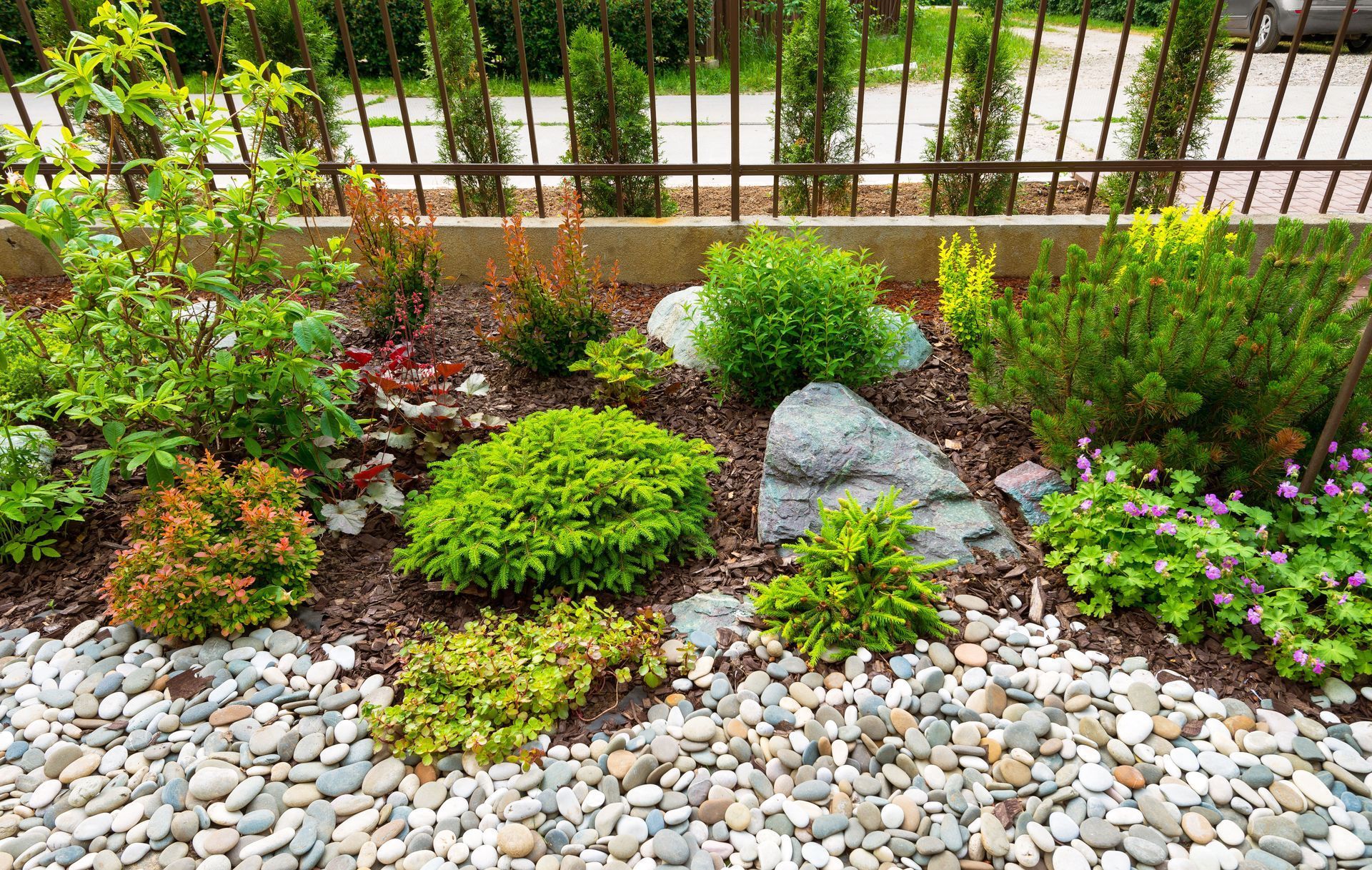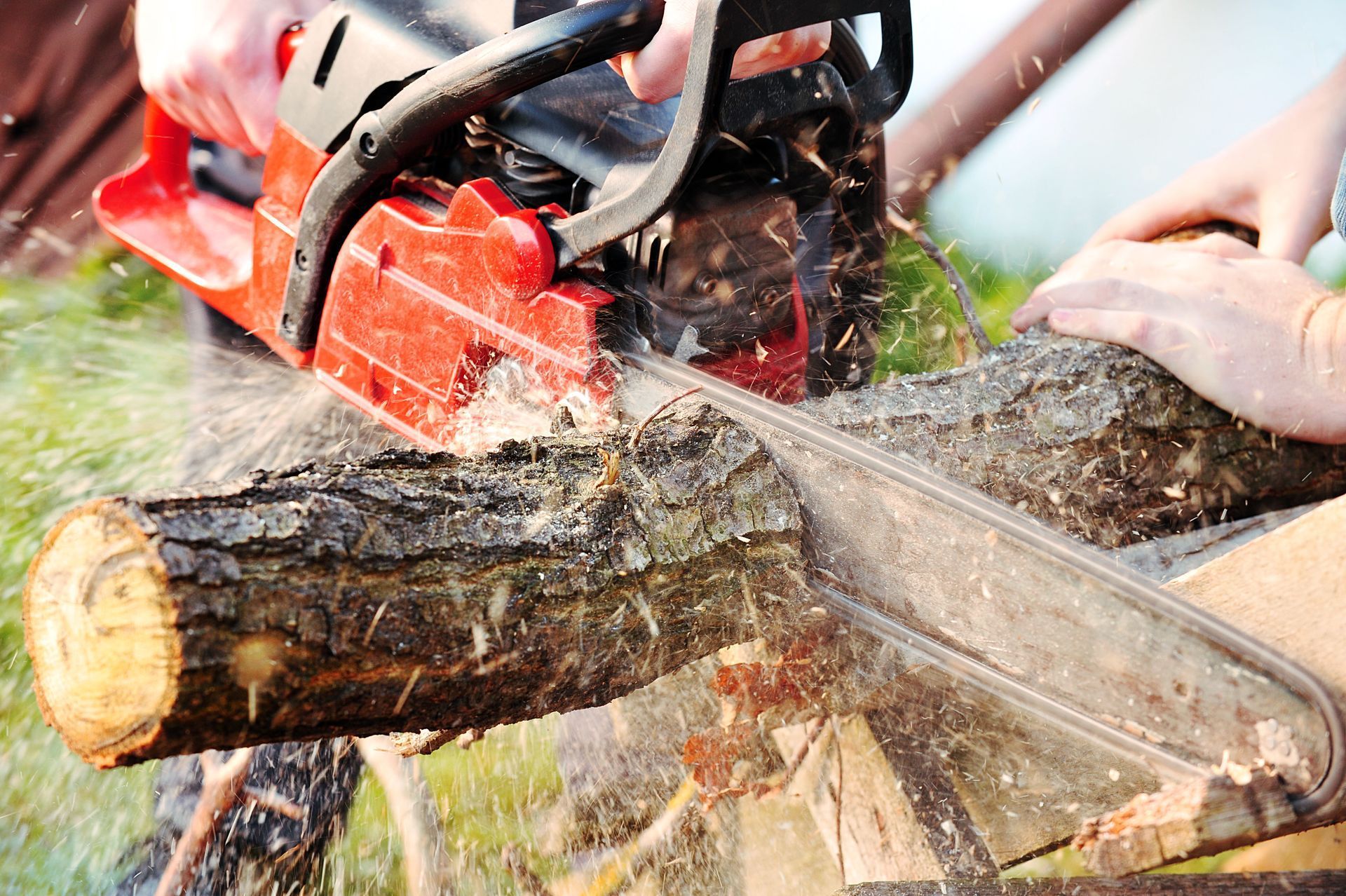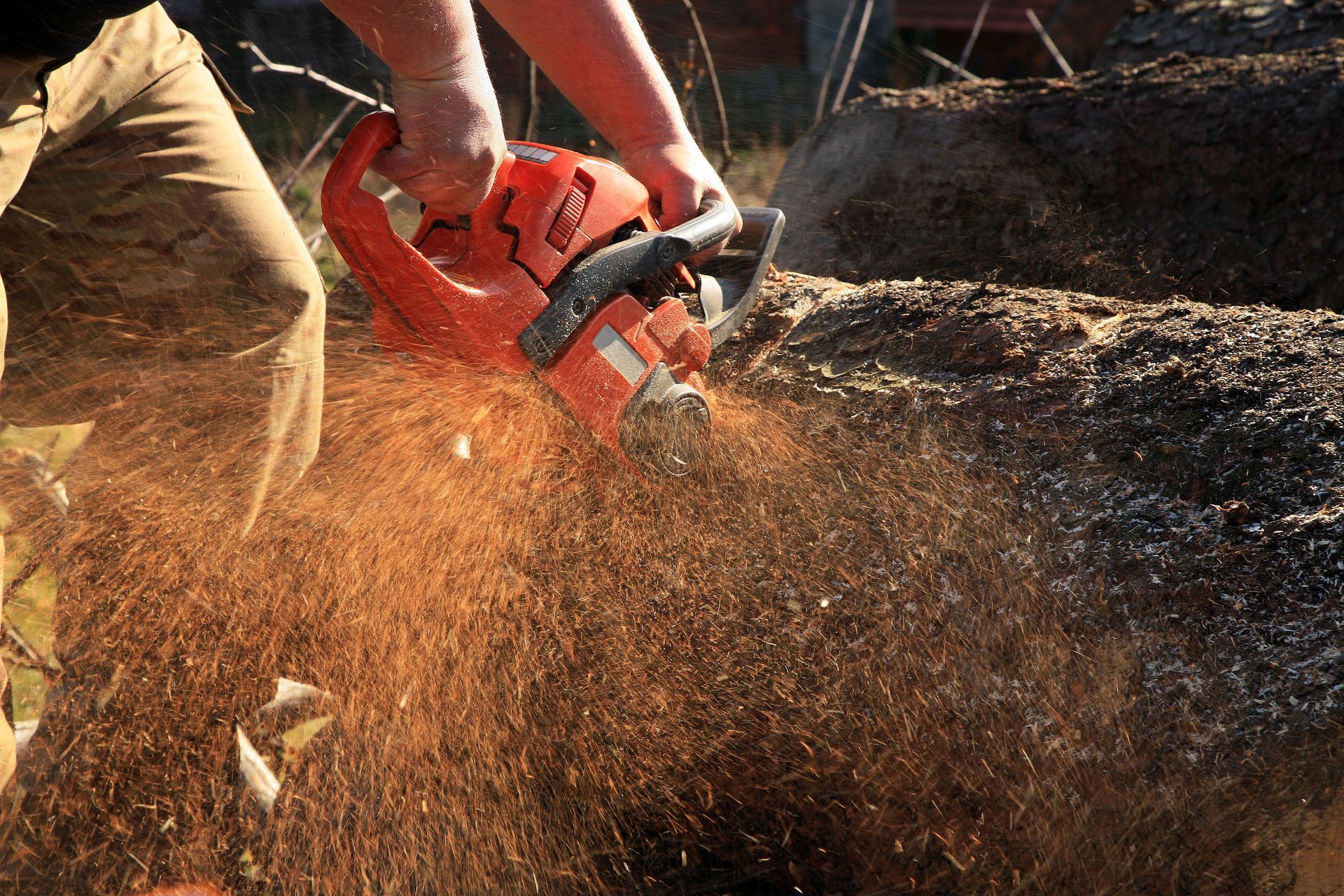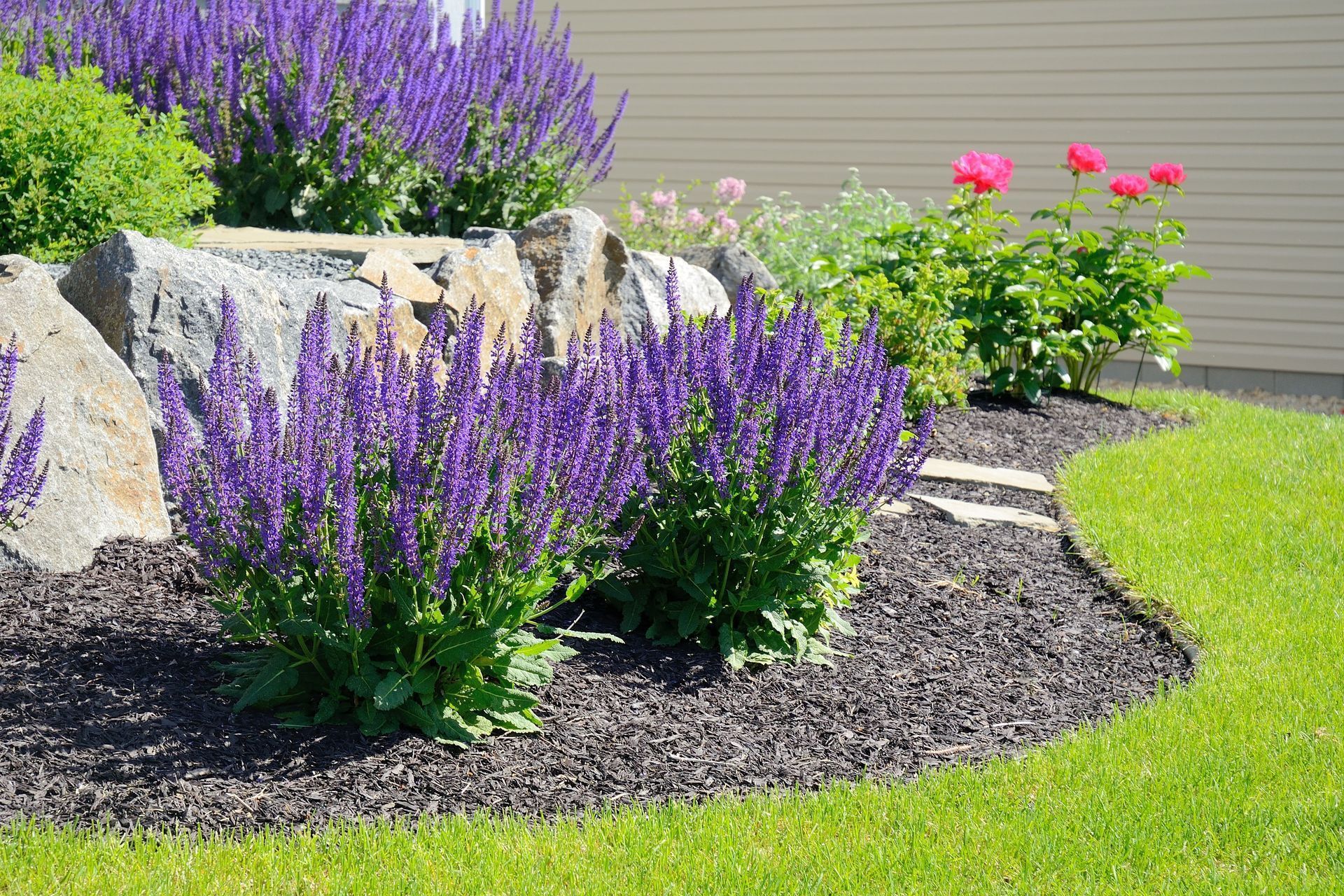April 19, 2023
Mulching is a common landscaping and gardening practice that has many benefits. As a protective covering, mulch is known for suppressing weeds, enriching the soil, retaining moisture, regulating soil temperatures, preventing soil erosion and compaction, and improving aesthetics. Although mulch provides many benefits to a wide variety of plants, many homeowners have questions about using it. Below, you'll find seven frequently asked questions about mulch. Begin reviewing this list to get a better understanding of mulching best practices, useful information about its capabilities, and concerns that might arise once it's spread on your property. Once you learn how to use mulch properly, your property's greenery and soil can benefit from this beautiful landscaping material.
1. Can Mulching Hinder the Growth of Plants?
As stated above, mulching can promote the health of your plants and the soil they're growing in. With this said, some avid landscapers still worry that mulch might hinder the growth of plants. This question isn't unusual since the protective layer might seem to cover up the sprouts of growth and restrict expansion. That said, most of the time, mulching is good and will promote growth.
However, there are two instances where mulching might hinder the growth of plants. First, this can occur if there is an improper application. For example, if the mulch is spread up against the base of a tree, it can trap moisture and lead to root rot. Secondly, mulching can damage plants if toxic materials were used in the production of the mulch. This can occur if used tires or recycled wood are used to make mulch. To avoid these issues, make sure you use mulch from a reputable source. Additionally, hiring professionals who have adequate knowledge about appropriate ways to spread mulch is crucial.
2. How Deep Should I Mulch My Flower Beds?
One of the most important factors when applying mulch to flower beds is the depth. If a flower bed has too little mulch, it could result in little to no protection. In the worst case, your landscape fabric could poke out of it. This results in an unattractive landscape or garden and limits the mulch's effectiveness. On the other hand, mulching too deeply puts your plants' roots at risk of suffocation due to reduced soil oxygen. Additionally, your plants might not get adequate water if the mulch is too deep. With all of this considered, the depth must be just right.
According to The Home Depot, you should aim for a two to three-inch depth while mulching to ensure the best water and airflow for the plant's roots. Since this is a crucial element of the health of your garden or landscape, it's best to employ professional help for this process. Landscaping professionals with expertise and knowledge on this subject can help you guarantee a successful growing season.
3. How Often Should I Mulch My Garden?
The proper time to replace your garden's mulch depends on your location and climate. For the most part, homeowners opt to add a new layer every year. Since most mulch is made from organic materials, it will likely decompose within 12 months, and your property will need a new covering for adequate protection, nutrition, and appearance. In light of this, make your appointments with your landscaping professionals or mulch delivery services as soon as spring begins. If your garden's mulch still looks beautiful after a year as past, you may be able to extend its use. However, if you prefer to do yard work on a schedule, replacing it annually is always a good idea.
4. Why Are Mushrooms Growing in My Mulch?
Mushrooms tend to grow in fertile areas that are damp and moist. Given that mulch keeps the soil beneath it moist, mushrooms are prone to growing in mulched areas. The mushrooms aren't necessarily bad to have around. They may assist with the process of breaking down your mulch's organic material, making nutrient-dense soil for your plants to thrive in.
That being said, while these mushrooms are typically harmless and require no special removal processes, their growth could also be a sign that the mulched area needs to be refreshed. Professionals can do this quickly by stirring up the mulched areas that contain mushrooms and disrupting the mushroom colony formation. Additionally, the mushroom formation can be a telltale sign that the watering schedule on your property needs to be adjusted. To alleviate this issue, landscape professionals can provide water directly to the root zones or perform some trimming and pruning to increase the sunlight and airflow on your property.
5. When Should I Put Mulch Down?
Since the best time for mulching your property depends on your location and climate, there is no perfect answer to this question. However, as a general rule, mid to late spring is typically the proper time due to the ground warming. Plus, mulching in the spring improves the look of your outdoor space and enhances curb appeal, which is convenient during warm weather when hosting outdoor events. If professionals perform this task too early, they risk preventing the ground from thawing as quickly as it should, which could slow plant growth.
An alternative to mid to late mulching spring is winter mulching. Some homeowners prefer mulching in the winter because this time works best for providing damage control for plants that are already above ground. With all this stated, it's essential to consult with landscape professionals or mulch suppliers and have them analyze your property and plants. Once this consultation is complete, the professionals will be able to let you know which time is best for mulching and create a proper maintenance schedule for your property.
6. Is Dyed Mulch Harmful to My Pets?
When choosing a mulch for your landscaping, you'll soon learn that there are countless color options, with one of the most popular being red. Although red mulch is beautiful, many homeowners have concerns about the red dye harming their pets. For example, dogs are known for chewing on these mulched pieces or rooting their nose around mulched garden beds. Additionally, cats sometimes use a mulched area as a litter box. Thankfully, dyed mulch purchased from a reputable mulch supplier should be safe for pets and children. Additionally, you may be able to find mulch made with naturally red materials like red hemlock bark. Either way, you won't have to worry about your pets ingesting toxic dyes while enjoying their time outside.
7. How Are Organic and Inorganic Mulch Different?
Mulch can have an organic mixture of all-natural ingredients such as pine needles, grass clipping, straw, hay, shredded leaves, and bark. Because it's made with organic materials, the protective layer it provides decomposes with time. Although this does mean you'll need to replace it relatively frequently, it's perfect for nurturing your plants and soil. Additionally, organic mulch is known for conserving water and creating protection against weed growth.
On the other hand, mulching with inorganic mixtures looks a lot different. This mixture includes ingredients such as gravel, pebbles, landscape fabrics, and plastic. Mulching with inorganic materials means that decomposing, and thus nurturing your plants and soil, is out of the question. Some homeowners prefer this option because the area will look the same for years. Inorganic mulch can provide a semi-permanent solution for improving your yard's aesthetics.
After reviewing these frequently asked questions, you should understand the benefits of
mulch
and how best to use it. You're now ready to contact the appropriate landscapers and mulch delivery professionals near you to begin the project of mulching your landscaping and garden. If you're interested in having mulch delivered to your property, call Red Bark Inc today.




